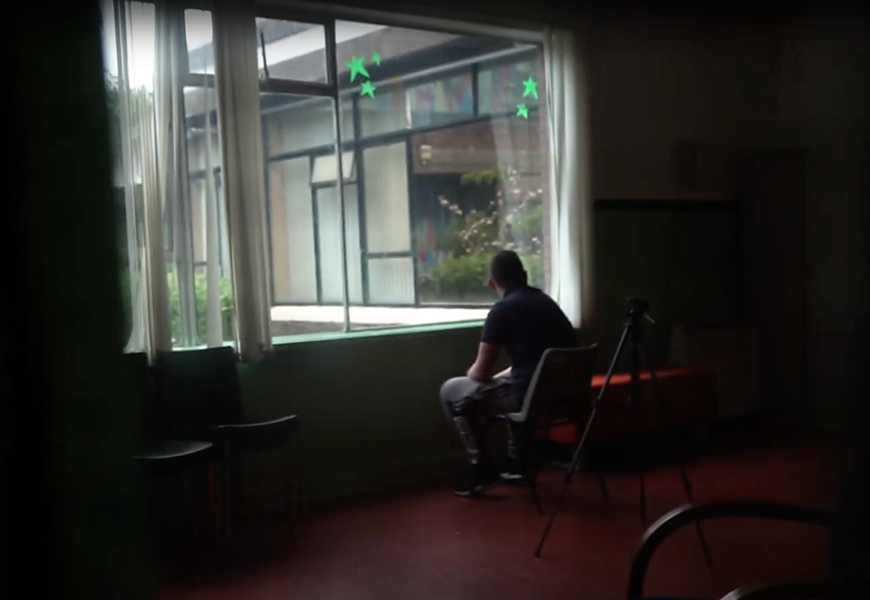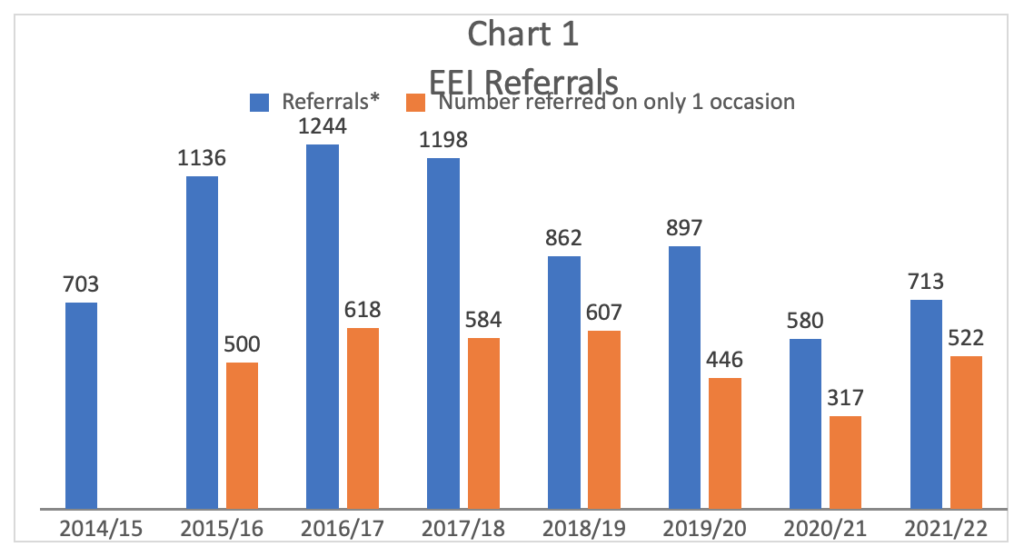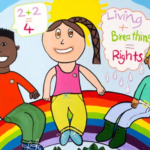(Visited 43 times, 1 visits today)
Last modified: 21 November 2022
TURNING THE CAMERA ON EARLY & EFFECTIVE INTERVENTIONS (EEI)









